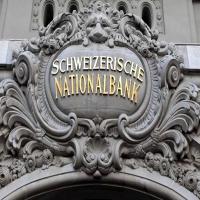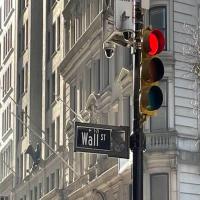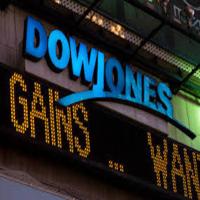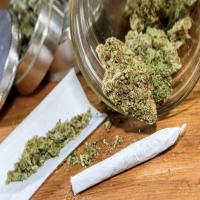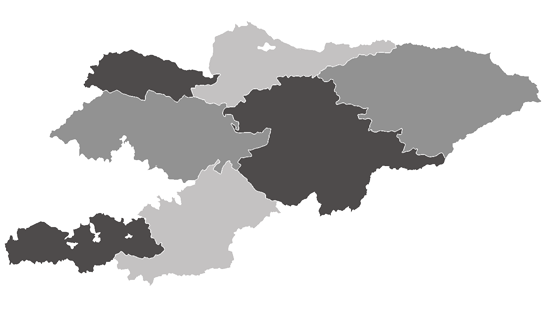LONDON, UK: With the upcoming election on July 4, the UK's Conservative Party is celebrating the recent fall in inflation to the Bank of England's target rate of 2 percent for the first time in nearly three years.
Official figures released June 19 by the Office for National Statistics showed that inflation, measured by the consumer prices index, decreased to 2 percent in the year to May from 2.3 percent the previous month. Lower food prices mainly drove this reduction.
Though prices are still rising, they are doing so at a slower rate than during the recent cost of living crisis. Prime Minister Rishi Sunak called the development "great news," suggesting that the economy is now improving. However, Rachel Reeves, the Labour Party's Treasury chief candidate, argued that people are still "worse off" with higher mortgage rates and taxes at a 70-year high.
Last month's inflation drop influenced Sunak's decision to call an early election. Despite this, opinion polls indicate Labour maintains a strong lead, suggesting the opposition may return to power for the first time since 2010.
The decline marks the end of nearly three years of above-target inflation, which had surged due to supply chain disruptions during the pandemic and Russia's invasion of Ukraine, which increased energy costs.
Despite this improvement, economists believe the Bank of England will keep its main interest rate at 5.25 percent, citing ongoing concerns about price rises in the services sector and wage growth. Financial markets expect rates to be cut in August or September.
"Despite this landmark fall in inflation, concerns over both underlying price pressures and changing policy in the run-up to a general election means a June interest rate cut is almost certainly off the table," said Suren Thiru, economics director at The Institute of Chartered Accountants in England and Wales.
The Bank of England, like other central banks, raised interest rates significantly from near zero in late 2021 to combat rapid inflation, which peaked above 11 percent in late 2022. While higher interest rates have eased inflation, they have also slowed the British economy, which has struggled to grow since the pandemic rebound.
Labour leader Keir Starmer has made economic growth a key focus of his campaign, pledging that boosting the UK's economic growth will be his government's primary mission if he becomes prime minister.
In a setback for Sunak, prominent Conservative donor billionaire John Caudwell announced he would support Labour for the first time, believing Starmer is committed to wealth creation.





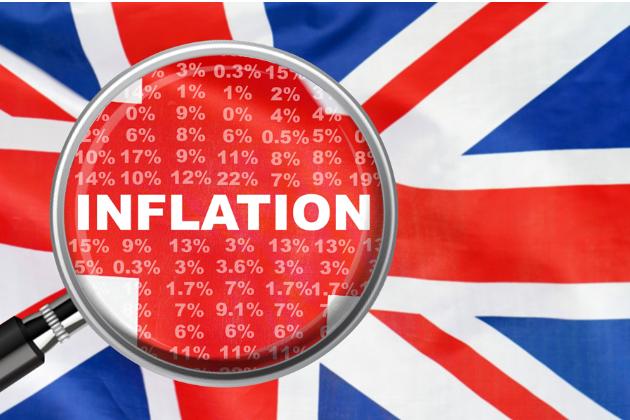





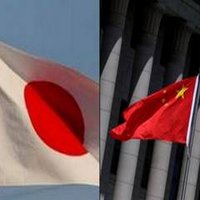




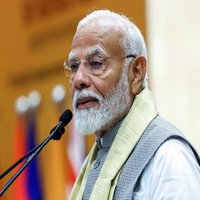










 35
35 